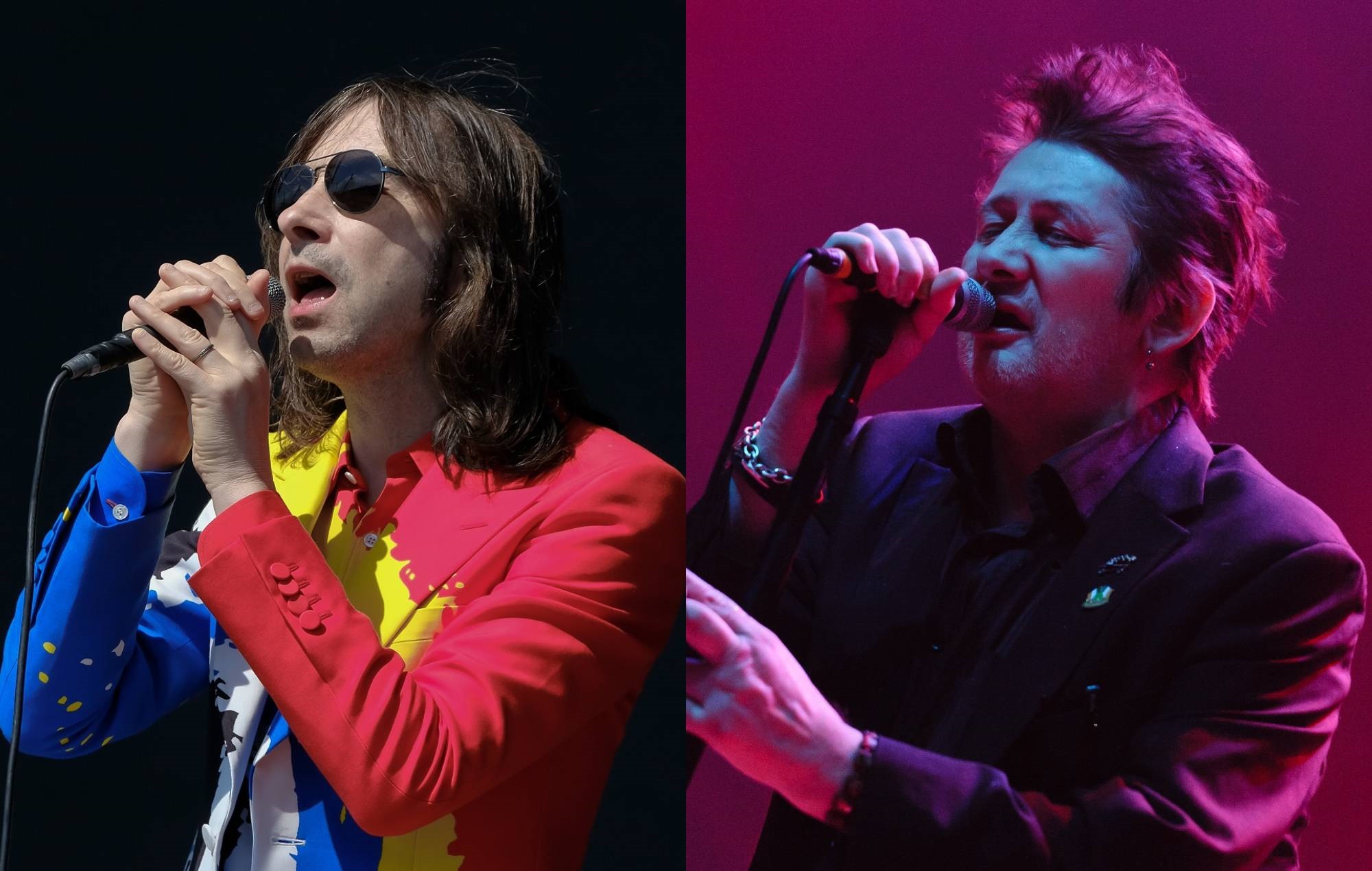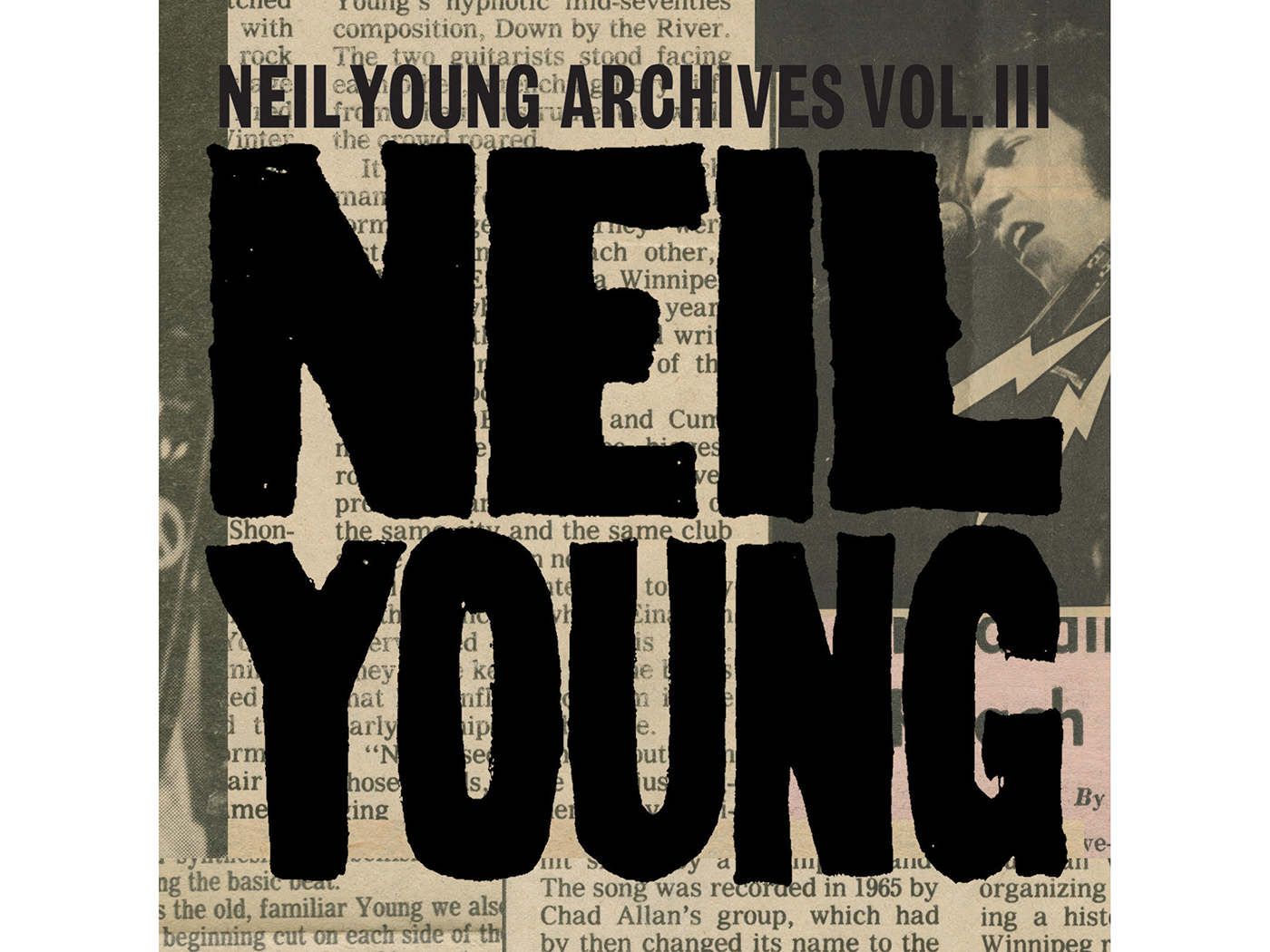
Bobby Gillespie has paid tribute to Shane MacGowan describing him as my “Celtic soul brother”.
The Primal Scream frontman penned a lengthy piece in The Guardian on the day of The Pogues frontman’s funeral on Friday (December 8).
He wrote about how he first came across MacGowan in the late 1990s saying he had “a dark charisma, he looked tired and sad to me.”
“So one night I went up and introduced myself, and we just got on. It was easy. I found him a gentle soul, quite shy actually, not like I’d imagined him at all. I’d admired him as far back as ‘Gabrielle’, by The Nips. That was his first band, but his songs with The Pogues were on another level,” Gillespie explained.
“I was always in awe of his talent as a songwriter: his songs were highly literate stories of oppressed and downtrodden people marginalised by society; full of empathy and compassion for ordinary working men and women and their daily struggles – not forgetting the junkies and the drunks.”

Referencing MacGowan’s idol Lou Reed the Primal Scream frontman described his songs as “a mix of contemporary street vernacular and a real traditional poetic sensibility” and said his favourites were The Pogues’ ballads ‘A Pair Of Brown Eyes’, ‘A Rainy Night In Soho’, The Old Main Drag, and the festive anthem ‘Fairytale Of New York’.
Gillespie also said the late frontman’s more raucous songs such as ‘Transmetropolitan’, ‘The Sick Bed Of Cuchulainn’, ‘Sally MacLennane’, ‘Streams Of Whiskey’ and ‘Boys From The County Hell’ were also “all riotous celebrations of a life well lived, filled with crazed humour and ecstatic joy. Songs that make you want to get drunk and raise hell. Tom Waits once said The Pogues played like ‘sailors on shore leave’ – a perfect observation”.
Despite once telling MacGowan in 2000, that he was the “best lyricist in contemporary music; that no one, not Nick Cave, Morrissey nor Mark E Smith came close”, The Pogues man didn’t take too kindly to the comment snapping back “It’s not a competition!”.
Gillespie also recalled the time MacGowan once performed ‘Rocks’, ‘Loaded’, and a cover of ‘Born To Lose’ by The Heartbreakers at a Primal Scream in concert in Glasgow.
He added: “I remember the full force of his vocal dragging the band behind him as he tore into the verses of the song. When he sang he was a force of nature, all punk power and visceral emotion.
“A true rock’n’roller – and a Celtic soul brother of the highest order. ‘We’re Gaels!’, he proclaimed to me once. Every time he sang with us, and he did variously in Glasgow, Dublin and London over the years, we were honoured. We loved him. The fact he dug our band meant the world to us.”
Gillespie finally recalled his last memory of MacGowan in hospital in September and hailed his wife Victoria who he described as The Pogues frontman’s “rock” and “guardian angel.”
He added: “Underneath the rock’n’roll, rake-at-the-gates-of-hell image, the role of the Brendan Behanesque poète maudit, Shane was a good old-fashioned romantic. He saw the beauty of the spirit and the flaws in people, celebrated them and identified with their struggles. He felt too much probably, saw too much with the poet and songwriter’s gift of vision.
“And maybe that’s what all the drinking and drugging was about. He had to numb himself to get through his life. His greatest songs exist to help the rest of us get through our lives. Thank you, Shane. Thank you for the music and the good times. May God rest your beautiful Gaelic soul.”
The Pogues frontman passed away “peacefully” on November 30, having died from pneumonia aged 65.
His funeral in Tipperary, close to where MacGowan spent his childhood, saw The Pogues perform together for the first time since 2014.
Glen Hansard and Lisa O’Neill also performed a version of MacGowan’s 1987 festive classic ‘Fairytale Of New York’ at the service, backed by members of The Pogues, leading to members of MacGowan’s family to dance in the aisles of the church.
Nick Cave also performed at the funeral, playing a powerful, adapted version of The Pogues‘ ‘A Rainy Night in Soho’, while Johnny Depp delivered a personal reading to the man he descirbed as the “maestro” at the funeral.







